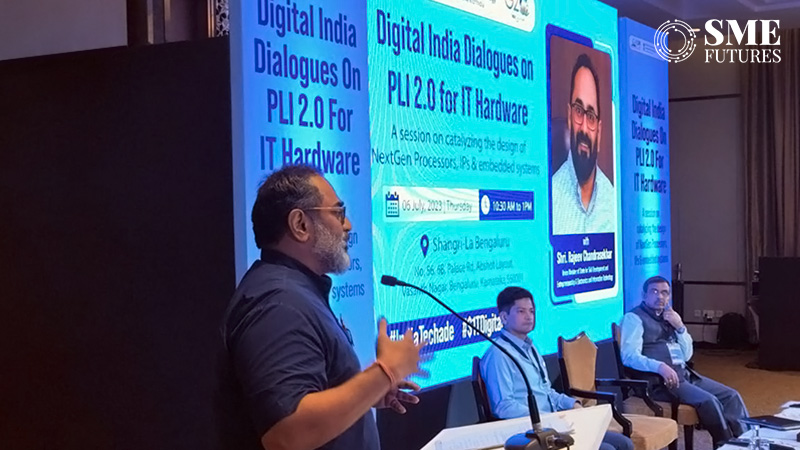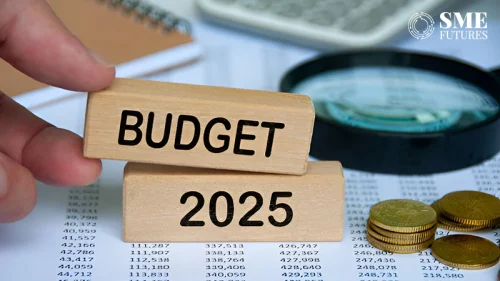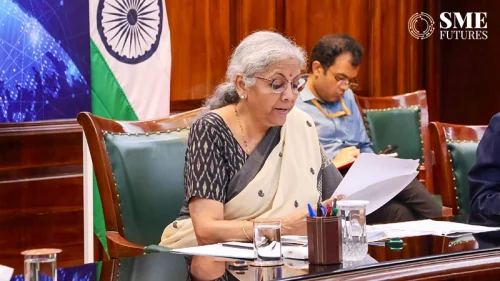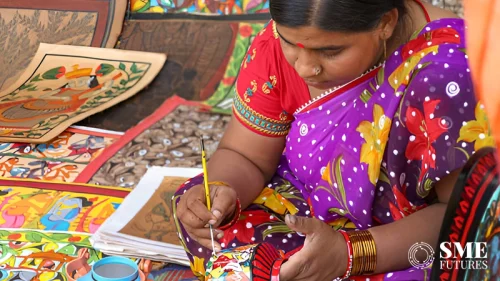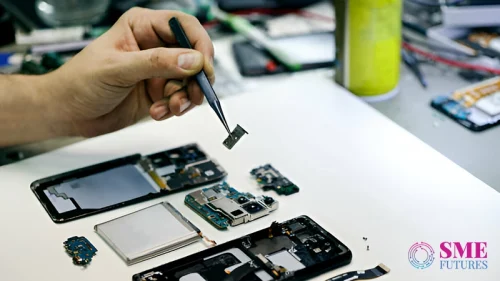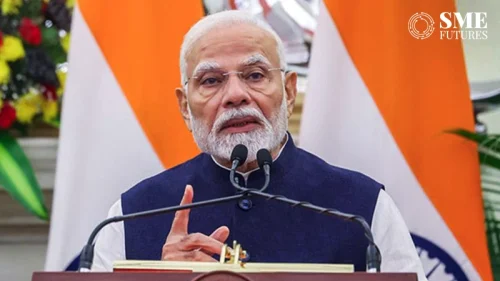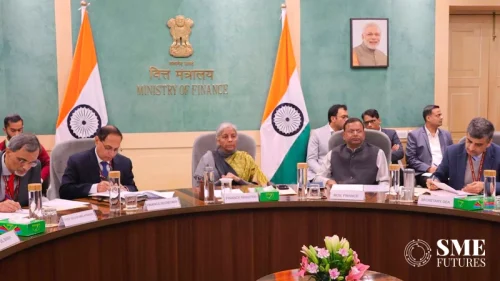India aims to reach volumes and scale in making original electronic products and the goal is to catalyse partnerships between the government, academia and startups to enable manufacturing of IT hardware like that includes laptops, servers and tablets, Union Minister of State for Electronics and IT, Rajeev Chandrasekhar, said on Thursday.
Addressing a ‘Digital India Dialogues’ session on the recently-revised production-linked incentive (PLI) scheme for IT hardware in Bengaluru, the minister said that our ambitions are very clear — a $300 billion Electronics industry and the $1 trillion digital economy by 2026.
“Aligned with Prime Minister Narendra Modi’s vision, we want to be enablers in deepening India’s components and semiconductor ecosystem. The IT hardware PLI scheme has been carefully designed this time with inputs from the industry,” he told the gathering.
In May, the government cleared the PLI 2.0 scheme for IT hardware with an outlay of Rs 17,000 crore, more than doubling the budget for the scheme that was first cleared in 2021 to incentivise and promote domestic manufacturing by attracting large investments in the value chain.
After implementation, it will be with a cap on maximum incentives available to participating companies.
With an anticipated incremental investment of Rs 2,430 crore, the scheme aims to generate an incremental production amounting to Rs 3,35,000 crore.
Moreover, the PLI 2.0 is expected to create 75,000 direct jobs along with over 2 lakh indirect jobs, significantly increasing employment opportunities in the sector.
Through the provision of financial incentives, the government seeks to encourage localisation of IT hardware components and sub-assemblies.The scheme covers laptops, tablets, all-in-one PCs, servers and ultra small form factor devices

